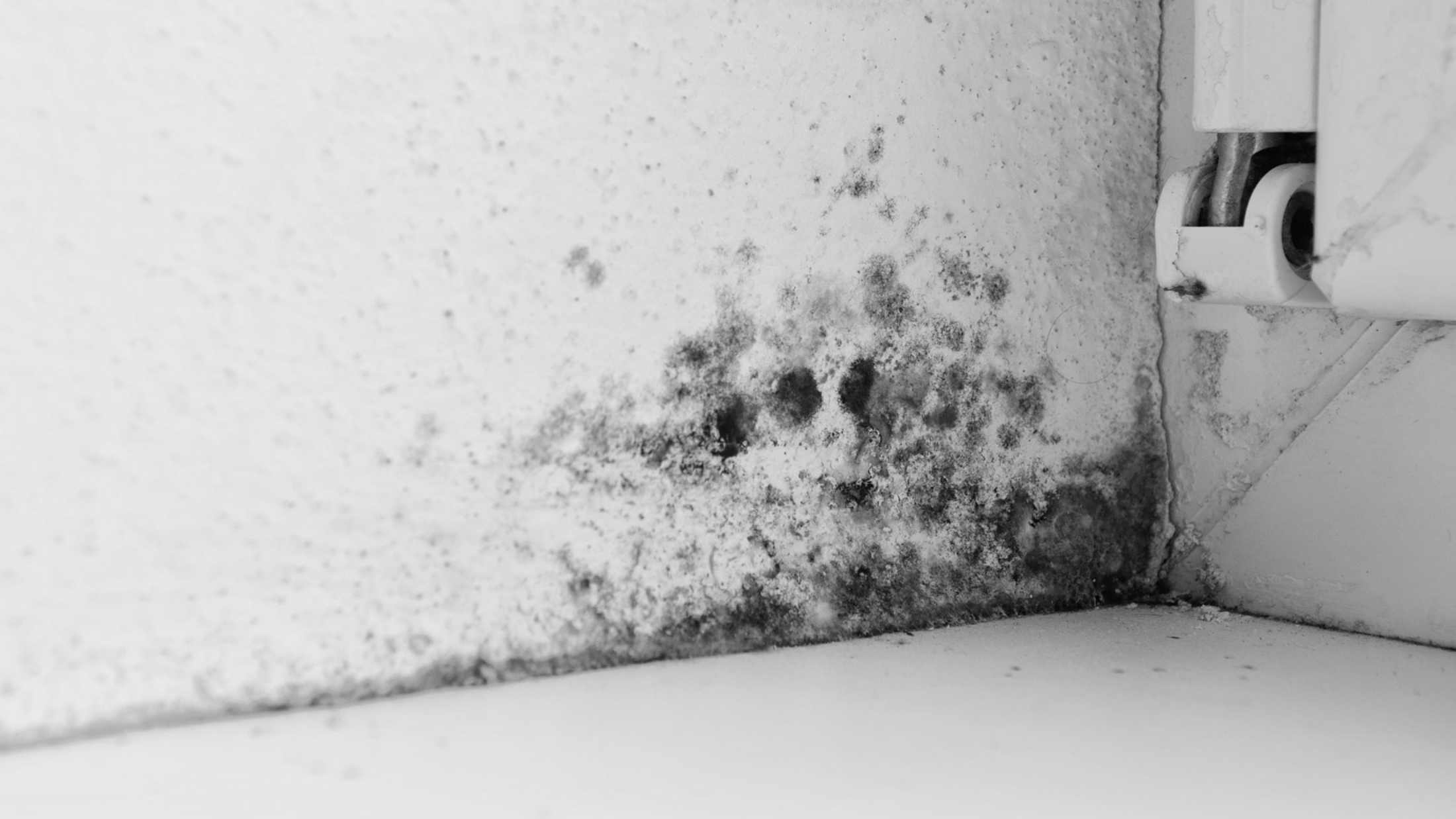From a new lick of paint in the living room, to remodelling the kitchen - home improvement plans are exciting. But while you’re trying to get the perfect home aesthetic, you should consider whether your home is protected against DIY mishaps.
Before you get started, here’s what you need to know about home improvements and home insurance:
- DIY dos and dont's
- What do I need to tell my insurer about when making cosmetic home improvements?
- What do I need to tell my insurer about when making larger home improvements?
DIY dos and don'ts
Do plan ahead
Before you dive in and start taking down that ugly shelving unit, it’s important to plan what you’re doing.
Putting the project on paper will help you plan what you want the room to look like, how you’ll achieve it, and what your potential roadblocks are. This will make your DIY experience go more smoothly, and the finished result will be how you imagined.
Don't skip steps
Want to get rid of that old-fashioned wallpaper, but don’t think stripping it off first is necessary? As boring as preparation tasks can be, it’s important to do them. Taking the time to prepare will make sure you get the best possible results at the end of your DIY project. No one likes a lumpy wall!
Do take simple steps to improve your home
Taking on home improvements can be daunting — that's why they’re easy to put off. Starting with the small improvements, like adding new plants or hanging pictures you’ve had in storage for months, can make you feel better about your progress and motivate you to tackle those bigger projects.
Don’t attempt electric or gas work
Even if the job seems small, never attempt to complete gas or electric work yourself. Any gas or electric related jobs could be dangerous, no matter how small they seem. If you need any wires moved or gas pipes changed, always call a licensed professional.
Do check your cover with your insurance company
When considering doing any DIY in your home, speak to your insurance company about what you're covered for, and get information about any additional cover you may need.
Looking for a home insurance quote? Check out AXA Home Insurance to cover your home improvement project.
What do I need to tell my insurer about when making cosmetic home improvements?
For smaller cosmetic home improvements - like retiling the bathroom or putting shelves up - you don’t need to let your insurer know.
It’s important to remember some insurance policies may not cover accidental damage. Minor incidents may be covered, but check your policy wording before starting your DIY project. If you’re an AXA customer, you can do this in your online account.
AXA’s accidental damage insurance would cover you for spilled paint on the carpet or broken TVs because of home renovations (provided you have a contents policy). You can add accidental damage cover as an optional add-on to your existing AXA buildings insurance policy and/or contents insurance policy. If you’ve got AXA Premier Home Insurance, accidental damage cover is included as standard.
What do I need to tell my insurer about when making larger home improvements?
For larger structural changes in your home, like building a conservatory or having a loft extension, you must inform your insurance company before work starts. Large changes to your home could affect your cover, and in some cases, your insurer won't be able to continue your insurance for certain structural home improvement projects.
Renovations done to the structure of your home could mean you temporarily move out, and having builders or building materials travel through your home, leave parts of your property exposed. This is all information your insurance company will need to know about.
Here are a few things you'll need to tell your insurance company before you start any large home improvement projects:
- An estimate of how long the work will take
- The projected cost of the project
- Whether you will be staying in the home while the work is taking place or moving out temporarily
- Whether the number of rooms in your home will be increasing. This includes extra bedrooms or bathrooms, as well as extra rooms in outbuildings, such as annexes or summer houses. The number of rooms will need to be amended on your home insurance policy from the date building work starts.
- If you're using a builder, share the details of the builder or building company. Your insurer will also want to know whether the builder has their own liability insurance.












